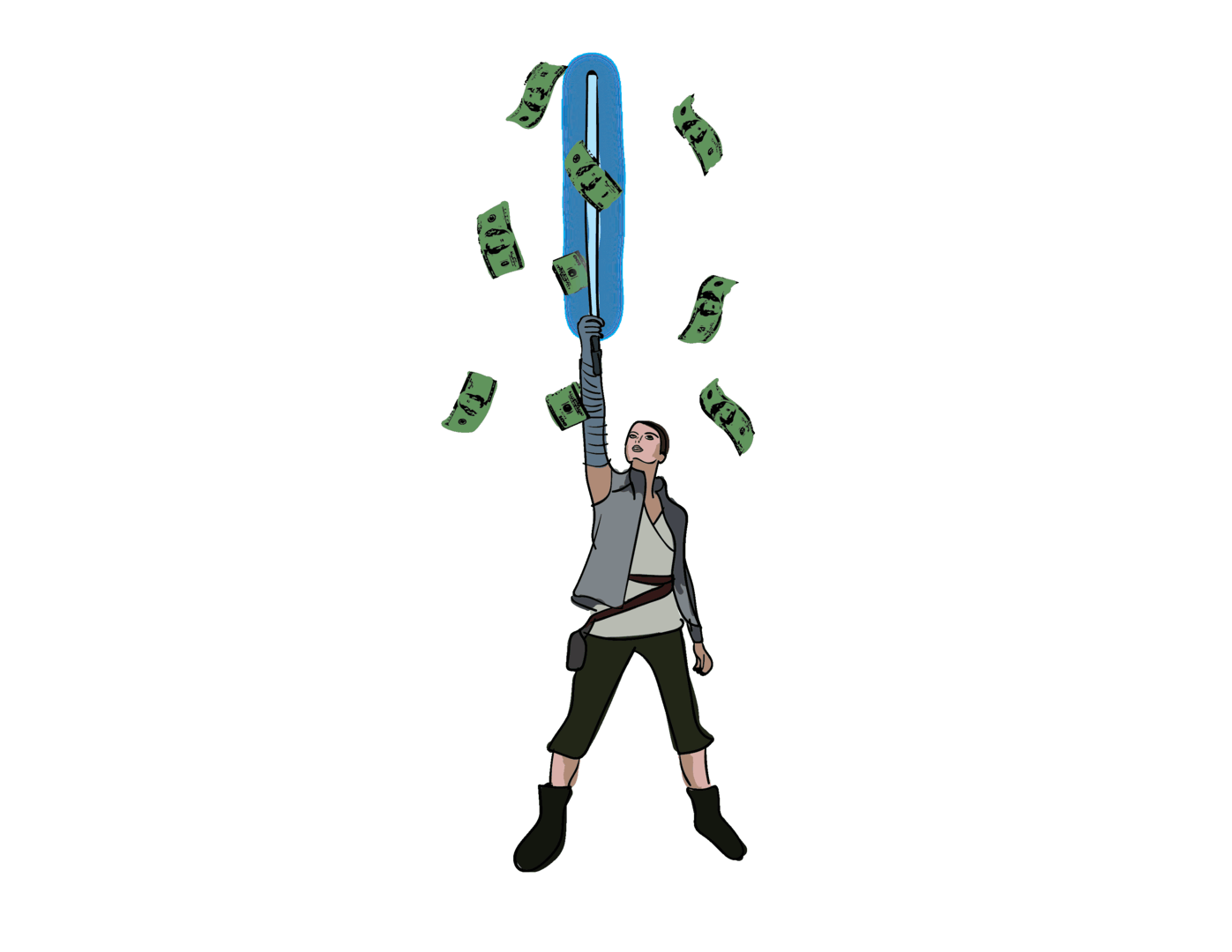I wrote an article in The Cascade a few weeks ago about how Brooklyn Nine-Nine proved that fans getting up in arms can save their favourite shows from cancellation. But there is a less pleasant flip-side to this idea that fan outcry can change things, and it’s shown its head online this past week. Apparently a group of Star Wars enthusiasts who took issue with last year’s The Last Jedi have decided to “crowdfund” a remake of it, aiming to raise $200 million, as well as convince Disney to give them the rights.
Ignoring the fact that there is absolutely no chance this will ever get off the ground for countless reasons, it’s yet another example of the entitlement of some “fans” who are increasingly trying to assert control over the franchises they build their identity around.
This is nothing new for the Star Wars fandom, which seems to have been varying degrees of mad at these space-faring adventure movies since Return of the Jedi came out in 1983. There was certainly a lot of anger and claims of betrayal during the prequel years, and I’m glad for Jar Jar Binks actor Ahmed Best that social media didn’t exist in its current form in 1999. And now, in the Disney era of Star Wars, it seems like each new movie brings a whole host of topics for the internet to get mad about. But The Last Jedi sparked something different that has lasted in a more visible way than blowback on elements of The Force Awakens and Rogue One.
While overly-ambitious people trying to raise hundreds of millions of dollars to reshoot the 11th highest-grossing film of all time is just funny, the online community can take a far nastier direction, too: earlier this month, The Last Jedi actress Kelly Marie Tran made headlines when she deleted her Instagram profile after sustaining continued harassment since the film’s launch — a span of half of a year.
And while it’s great to be invested in a story or a universe, to love a work of art, it’s horrifying that some people don’t know where to draw the line between passion for a piece of media and attacking the people who create it. For these people it seems as if the franchise transcends being just a major interest, and becomes the core of their identity. They define themselves by these pieces of media that are art, yes, but are also massive commercial products designed to enthrall, engage, and maintain fans over a long period of time to extract as much money as possible from them.
Which is not to place the blame on the franchises themselves, per se — tackling the way the media industry cultivates fandom is a whole different article. But for the fans who fall under this spell, the ones who fall hard, once it becomes a key part of their identity, it’s hard to seperate that franchise from themselves, and when a film comes along that clashes with their taste or values, they experience cognitive dissonance, as this thing that they hold so dear, feel they know inside and out, acts in a way they didn’t expect. To them, it seems like a betrayal. To quote the Remake The Last Jedi Twitter, it’s “blasphemy.”
You can be a diehard fan of something. You can love it and study every detail. You can even be mad if you think the new one is awful. That’s fine. But the idea that you can and should be able to assert control over a creative endeavour devalues the work of the artists who created it. Let the story stand as the writer intended, even if you don’t like it. Leave the actors who played out the roles alone, or celebrate what they brought to the table even if you didn’t care for the finished product.
You can be a fan of something and be okay with the fact that it’s bad sometimes. The ones you love are still there, you can start getting excited about the next one. No franchise gets it right every time. It’s not the end of the world.
Image: Simer Haer/The Cascade
Jeff was The Cascade's Editor in Chief for the latter half of 2022, having previously served as Digital Media Manager, Culture & Events Editor, and Opinion Editor. One time he held all three of those positions for a month, and he's not sure how he survived that. He started at The Cascade in 2016.



